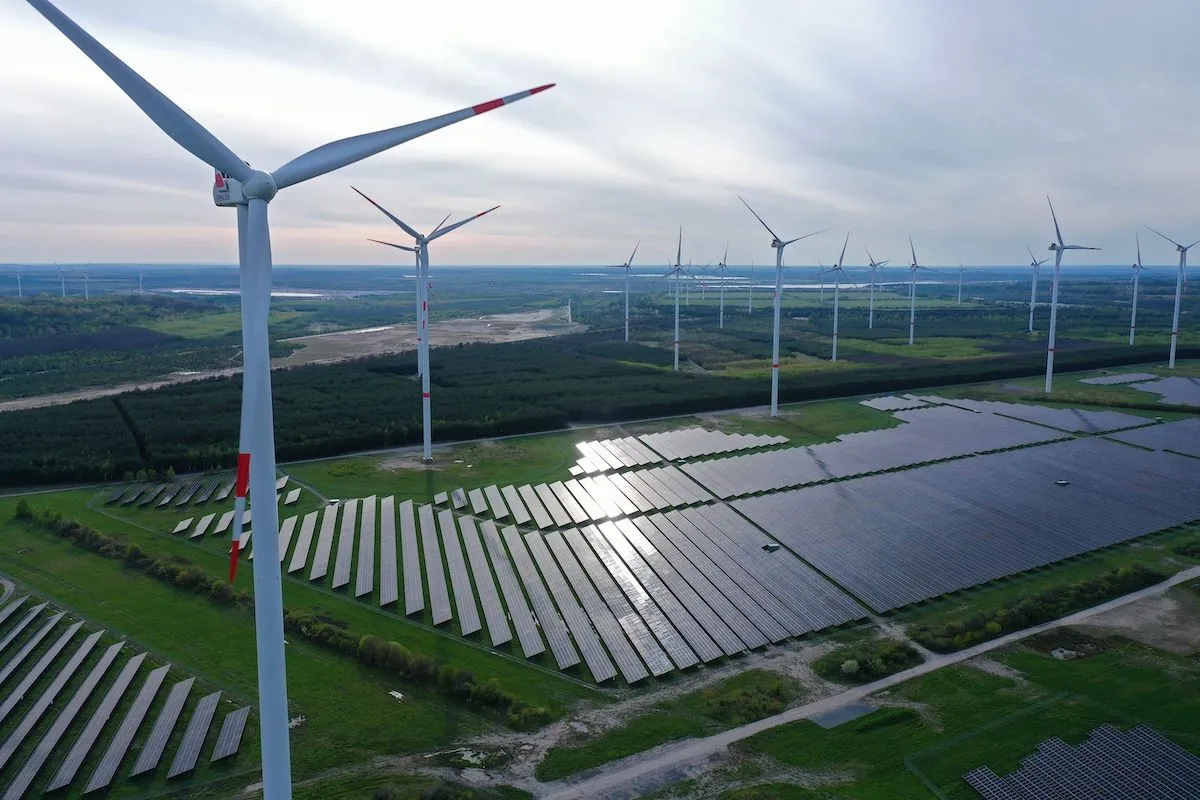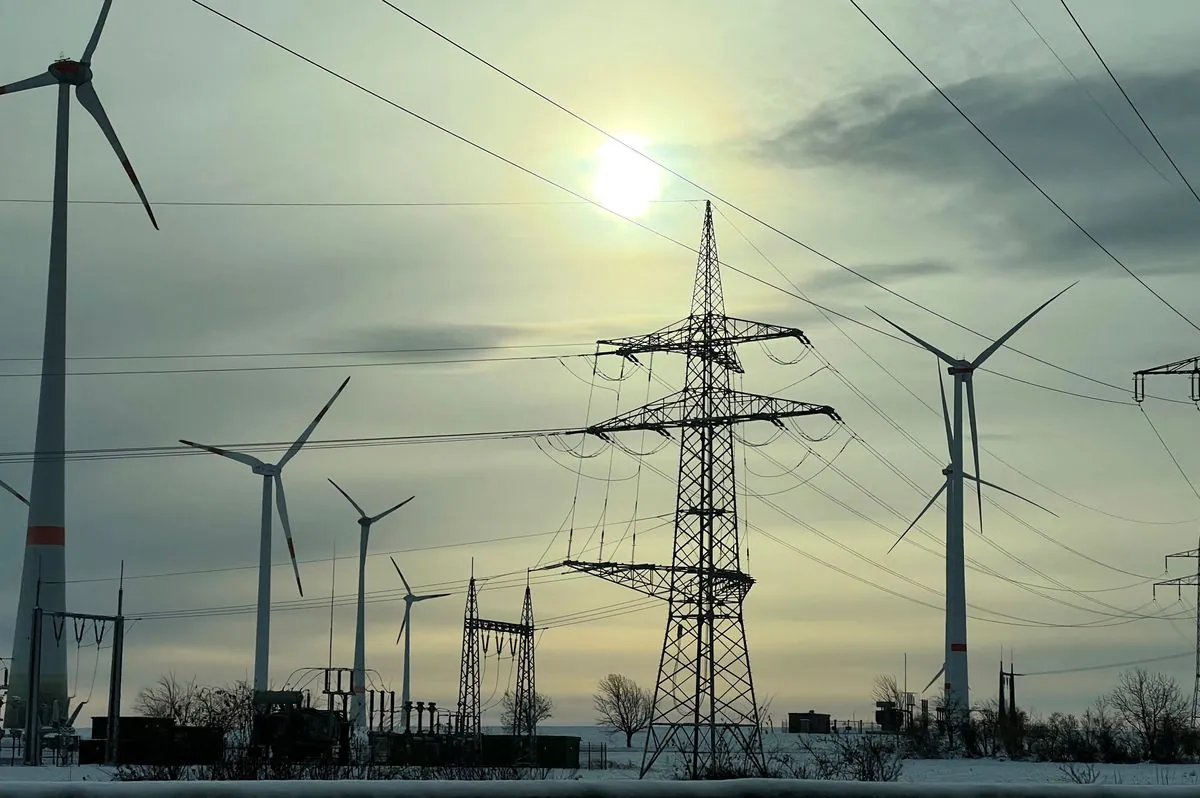Germany Refutes Trump's Energy Claims, Affirms Renewable Commitment
Germany's foreign ministry countered former US President Trump's assertions about its energy policy, emphasizing the country's shift to renewables and plans to phase out fossil fuels by 2038.

In a recent televised debate, former US President Donald Trump made several claims about Germany's energy policies, prompting a swift response from the German foreign ministry. The exchange highlighted the ongoing global discussion about renewable energy and the transition away from fossil fuels.
Trump criticized Germany's decision to phase out fossil fuels and shift to renewable energy, stating, "Germany tried that, and within one year, they were back to building normal energy plants." However, the German foreign ministry quickly fact-checked these assertions on social media.
"Like it or not: Germany's energy system is fully operational, with more than 50 percent renewables. And we are shutting down — not building — coal and nuclear plants. Coal will be off the grid by 2038 at the latest."
Germany, known for its "Energiewende" (energy transition) policy, has been a leader in solar and wind energy adoption in Europe. The country's commitment to renewable energy is part of its broader environmental initiatives, which include one of the world's most advanced recycling systems.
The Russian invasion of Ukraine on February 24, 2022, forced Germany to reassess its energy plans. Despite temporary measures to ensure energy security, including keeping some coal-fueled plants online longer than planned, Germany remains committed to phasing out coal entirely by 2038. In April 2023, the country also shut down its three remaining nuclear power plants.
Trump's claims about the Nord Stream pipelines were also inaccurate. Contrary to his statement, the Nord Stream 2 pipeline was never operational, and Germany halted its authorization two days before the Russian invasion. The Nord Stream pipelines, which run for 1,224 kilometers under the Baltic Sea, were later targeted in a sabotage attack in September 2022.

Germany's energy transition is part of its broader economic and environmental strategy. As the world's third-largest exporter of goods and the fourth-largest economy by nominal GDP, Germany's energy policies have significant global implications. The country's strong tradition of environmental activism has played a crucial role in shaping these policies.
Stephan Haufe, a spokesman for Germany's Economic Affairs and Climate Action Ministry, expressed surprise at Trump's comments about Germany building new fossil fuel plants. He clarified that any new power plants being constructed are designed to eventually run on hydrogen or other renewable sources.
As Germany continues its energy transition, it balances its industrial heritage, including its pioneering role in automotive engineering, with its commitment to environmental sustainability. This balance reflects the country's complex history, from its division and reunification to its current position as the most populous country in the European Union.
The debate over Germany's energy policies underscores the global challenges and controversies surrounding the shift to renewable energy sources. As countries worldwide grapple with these issues, Germany's experience and commitment to renewables continue to be a focal point in international discussions on climate change and energy policy.


































